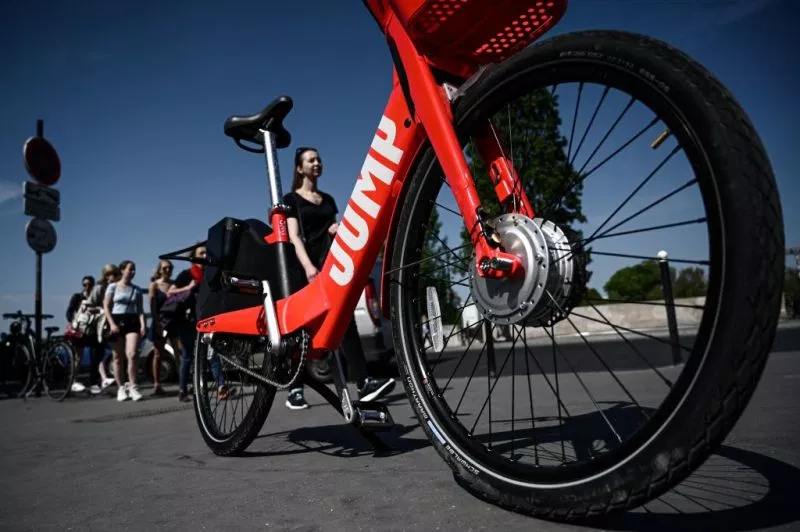'I'm Back to Riding My Own Bike.' Higher Prices Threaten Silicon Valley’s Mobility Revolution
But in June, JUMP, which is owned by Uber, suddenly raised its prices, instantly doubling the cost of Chesal’s ride. He stopped using the shared bikes, dusted off an old bike from his garage, and started bringing it on the subway and riding it that last mile to work. “For now I’m back to riding my own bike and happier for it,” says Chesal, 42.

JUMP’s price increases were part of a larger trend across the sharing economy. On-demand services of all kinds have been significantly subsidized by investors as a means of attracting users with low prices. But as companies like Uber and Lyft go public and face shareholder pressure to make money, those subsidizes are ending. That means customers are now being asked to pay what it actually costs companies to provide them with shareable bikes, scooters, and rides. “The amount that venture capitalists are subsidizing people’s lives right now is much higher than people realized,” says Sam Korus, an analyst with investment firm ARK Invest.
Lyft, which acquired JUMP rival Motivate last year, said in its earning call Wednesday that it had begun charging customers more for car rides in June in select routes and cities. “We believe these price adjustments reflect an industry trend,” Lyft’s chief financial officer Brian Roberts told investors. The company lost $644.2 million last quarter, three times what it lost over the same period last year. Uber, meanwhile, said Thursday that it lost $5.4 billion in the last quarter and that its revenues grew …
'I'm Back to Riding My Own Bike.' Higher Prices Threaten Silicon Valley’s Mobility Revolution
But in June, JUMP, which is owned by Uber, suddenly raised its prices, instantly doubling the cost of Chesal’s ride. He stopped using the shared bikes, dusted off an old bike from his garage, and started bringing it on the subway and riding it that last mile to work. “For now I’m back to riding my own bike and happier for it,” says Chesal, 42.

JUMP’s price increases were part of a larger trend across the sharing economy. On-demand services of all kinds have been significantly subsidized by investors as a means of attracting users with low prices. But as companies like Uber and Lyft go public and face shareholder pressure to make money, those subsidizes are ending. That means customers are now being asked to pay what it actually costs companies to provide them with shareable bikes, scooters, and rides. “The amount that venture capitalists are subsidizing people’s lives right now is much higher than people realized,” says Sam Korus, an analyst with investment firm ARK Invest.
Lyft, which acquired JUMP rival Motivate last year, said in its earning call Wednesday that it had begun charging customers more for car rides in June in select routes and cities. “We believe these price adjustments reflect an industry trend,” Lyft’s chief financial officer Brian Roberts told investors. The company lost $644.2 million last quarter, three times what it lost over the same period last year. Uber, meanwhile, said Thursday that it lost $5.4 billion in the last quarter and that its revenues grew only 14%, the slowest quarterly growth the company has publicly disclosed. Bookings were up 30% from the same time last year, but that’s a much slower growth rate than the company had previously experienced. On Uber’s earnings call Thursday, CEO Dara Khosrowshahi said the company was going to focus on improving its bottom line. “As a service, we have pricing power,” he said, meaning he believes Uber can safely raise its prices over time without losing too many customers.
 RIDEGURU
RIDEGURU

No comments yet. Be the first!